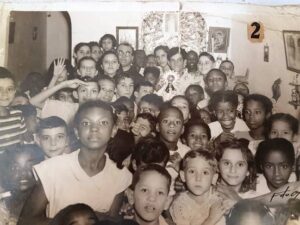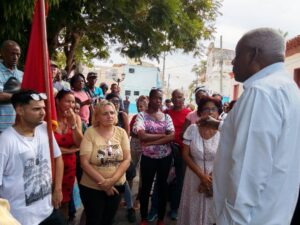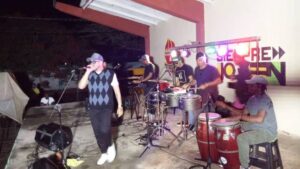Approach to the legal-philosophical thought of Martí, Martínez Villena and Fidel (II).

In relation to Rubén Martínez Villena, from the law office of Fernando Ortiz, where he worked first as assistant and later as private secretary, he strengthened links with committed intellectuals.

On several occasions Martí expressed his opinion that he was in favor of an «intermediate philosophy», which for him was a secret of the two extremes, which he had thought of calling «philosophy of relation».
The method of knowledge he applied was dialectic, unquestionably. For Martí the first thing was: Everything, conceived as the indissoluble unity between matter and spirit.
It should be beyond any doubt that Martí, like every progressive liberal of his century, nonconformist with the dominant media, was an iusnaturalist. The iusnaturalism or theory of Natural Law, had been the iusphilosophical current that dominated from antiquity until precisely the middle of the 19th century (Quote by Dr. Julio Fernández Bulté).
In relation to Rubén Martínez Villena, from the law office of Fernando Ortiz, where he worked first as an assistant and then as a private secretary, he strengthened ties with committed intellectuals. By then, he had already graduated as a lawyer and his services would be at the disposal of just causes. Very soon his name began to be known in intellectual circles linked to the political events of the island. The fragments contained in his poem Mensaje lírico civil (Civil Lyrical Message) show his early revolutionary commitment. His leadership of the group that subscribed the well-known Protesta de los Trece (Protest of the Thirteen) is not coincidence.
Aware of the need to establish links between the labor movement and the student body, the most radical groups of Cuban society, he participated in the First National Congress of Students, invited by Julio Antonio Mella and later in the founding of the José Martí Popular University, based on humanist and egalitarian principles, for the improvement of the Cuban working class in its struggle for social demands, teaching classes and serving as secretary of the institution.
As time went by, his law studies would be placed at the disposal of Julio Antonio Mella, for whom he would serve as defense attorney on more than one occasion.
Written by Dr Osvaldo Manuel Álvarez Torres.




